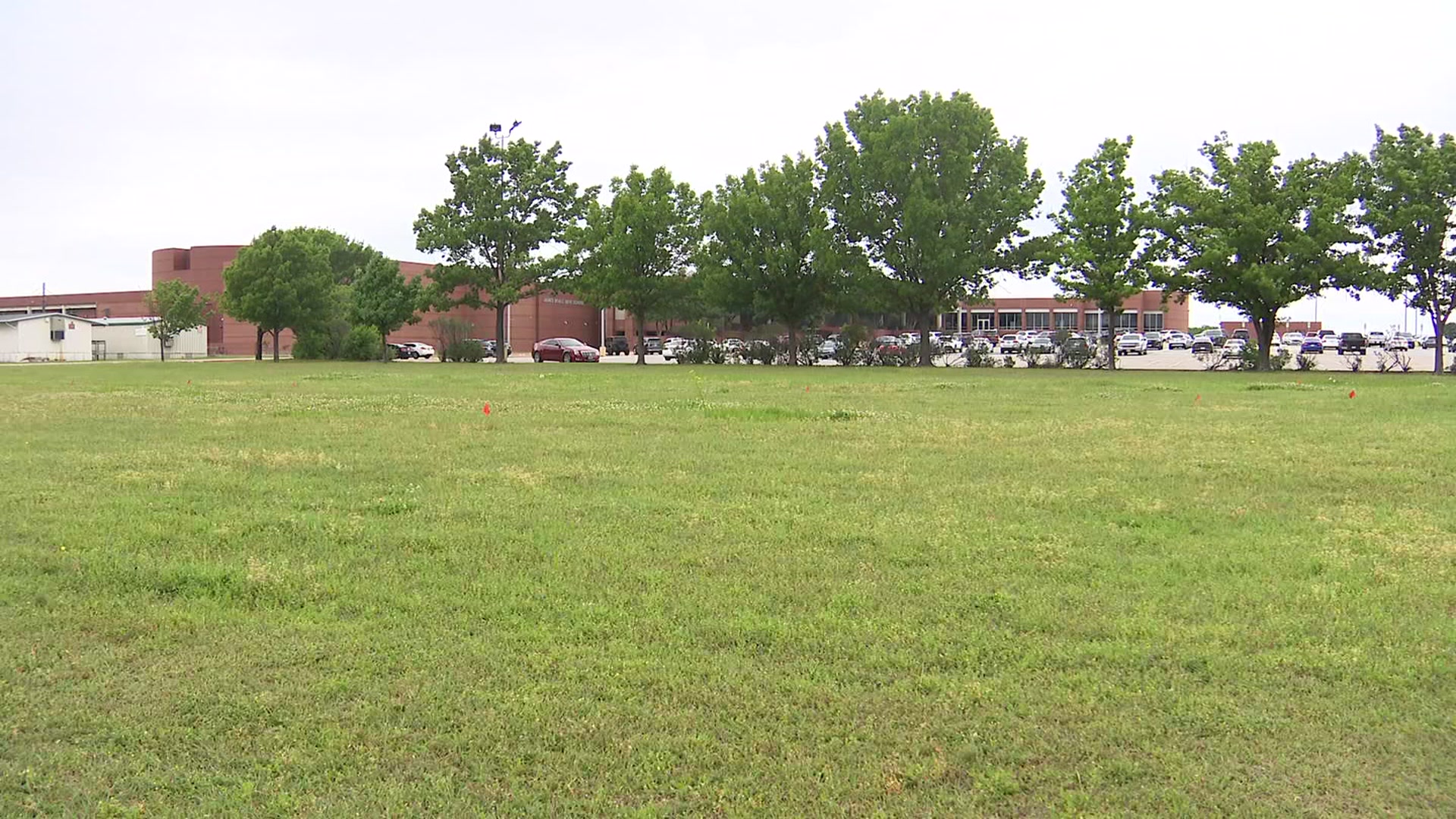What if a simple brain challenge and EEG could predict Alzheimer’s disease 20 years before symptoms show up? Doctors in California are working to make that a reality.
The proteins beta-amyloid and tau are established markers of Alzheimer’s and changes in their levels may signal disease. Someday, a simple test at the computer and a non-invasive electroencephalogram (EEG) scan may do the same thing.
Anne Snyder, 89, knows Alzheimer’s disease. It killed Frank, her husband of 61 years, and it’s why she joined an early Alzheimer’s detection study at Huntington Medical Research Institutes.
"I think it’s one little thing I can do that may help. It’s totally irrational, but I feel like I’m helping him," said Snyder.
Michael Harrington, M.D., director of Neurosciences Huntington Medical Research Institutes in Los Angeles, California created a brain challenge to find biomarkers for Alzheimer’s decades before symptoms start.
Participants take tests while wearing a cap that tracks brain activity.
“You can pick up early heart disease by running on a treadmill. We’d like to do the same for the brain, except you don’t run the brain on a treadmill, you ask it few questions, and that’s how this developed," said Harrington.
Local
The latest news from around North Texas.
EEGs of participants with bad chemistry show they work harder to answer the same questions as the others. Bad means their spinal fluid shows changes in beta amyloid and tau levels.
"If we can show that it's got the rigor to do an equivalent detection, you wouldn't need to have a spinal tap. You wouldn’t need expensive PET imaging," said Harrington.
Snyder sees even more potential.
“I think it’s terribly important because then it might be easier to do something, if not to prevent it, then at least slow it down,” said Snyder.
This study is six months old and only has six participants so far.
Harrington plans to add many more people and to follow them for years. His only restraint is finding more funding.



